André Roz (1887-1946) André Roz was born on June 18 1887 in Paris, son of a worker from Franche-Comté from Nozeroy. He studied at the Boulle school where he learned drawing, sculpture and cabinetmaking. He married Adrienne Griffon de Levier, daughter of a wine merchant from Pontarlier. Upon returning from the 14-18 war, decorated with the Croix de Guerre, suffering from tuberculosis, he settled in Pontarlier. He painted the landscapes of Haut-Doubs, the woods and lumberjacks, the snow, the end of winters. He participated in the founding of the Salon des Annonciades in Pontarlier, exhibited at the Franche-Comté society of friends of the fine arts, then at the salon of French artists. In 1930 he received the silver medal and in 1932 the gold medal from the Salon des Artistes Français for his painting Le Mercredi des Cendres. He was awarded the Académie des Beaux-Arts in 1935. In 1937, he won the gold medal at the international exhibition in Paris. The same year he was elected to the Academy of Besançon. During the occupation, he was appointed deputy mayor of Pontarlier by the Vichy government, which earned him the charge of being a collaborator in the liberation. Pierre Bichet's contribution will restore him to his honor. He died in Paris on January 12, 1946. His main works: - Winter in Pontarlier, crowned by the Academy of Fine Arts in 1931 - Ash Wednesday, gold medal at the Salon of French Artists in 1932, bought by the city de Paris - Woodcutting in the Jura in 1933 - Mouthier and the Loue valley, bought by the state - Petit Pouce, in 1934, at the Luxeuil museum - The little kings of the epiphany - The Pontarlier market - Schoolyard - Waiting room - The rogations procession and The Franche Fair in 1942 His last Jura painting represents Poligny and his Jura vineyard in autumn in 1945.




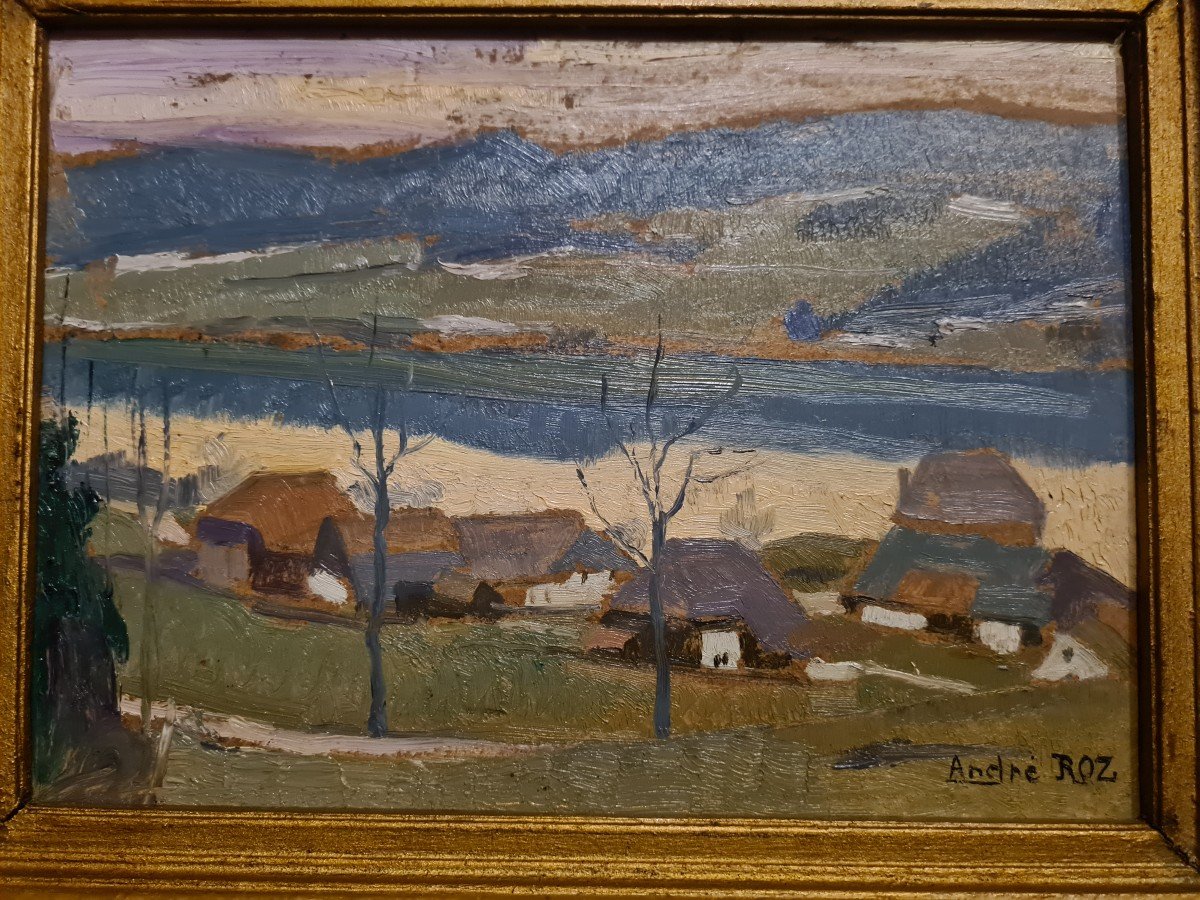
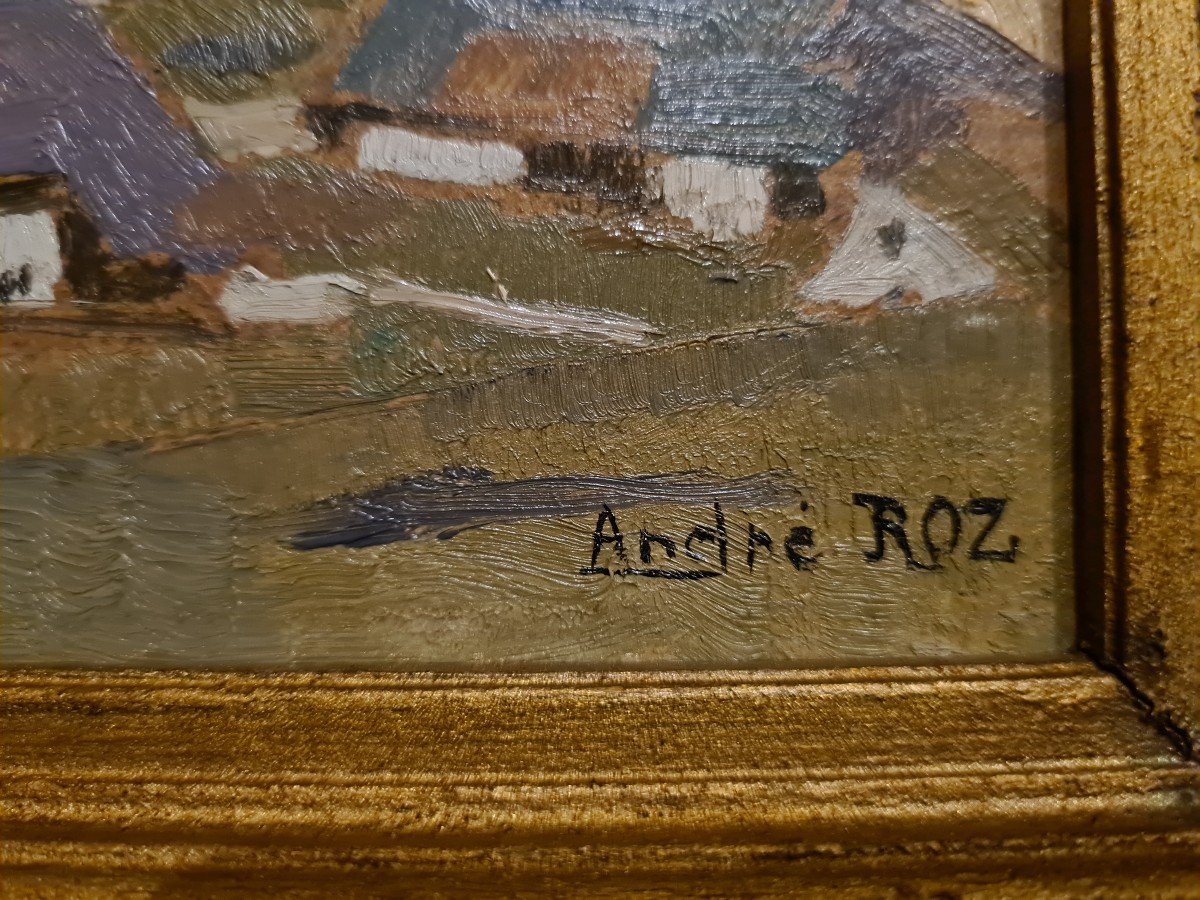
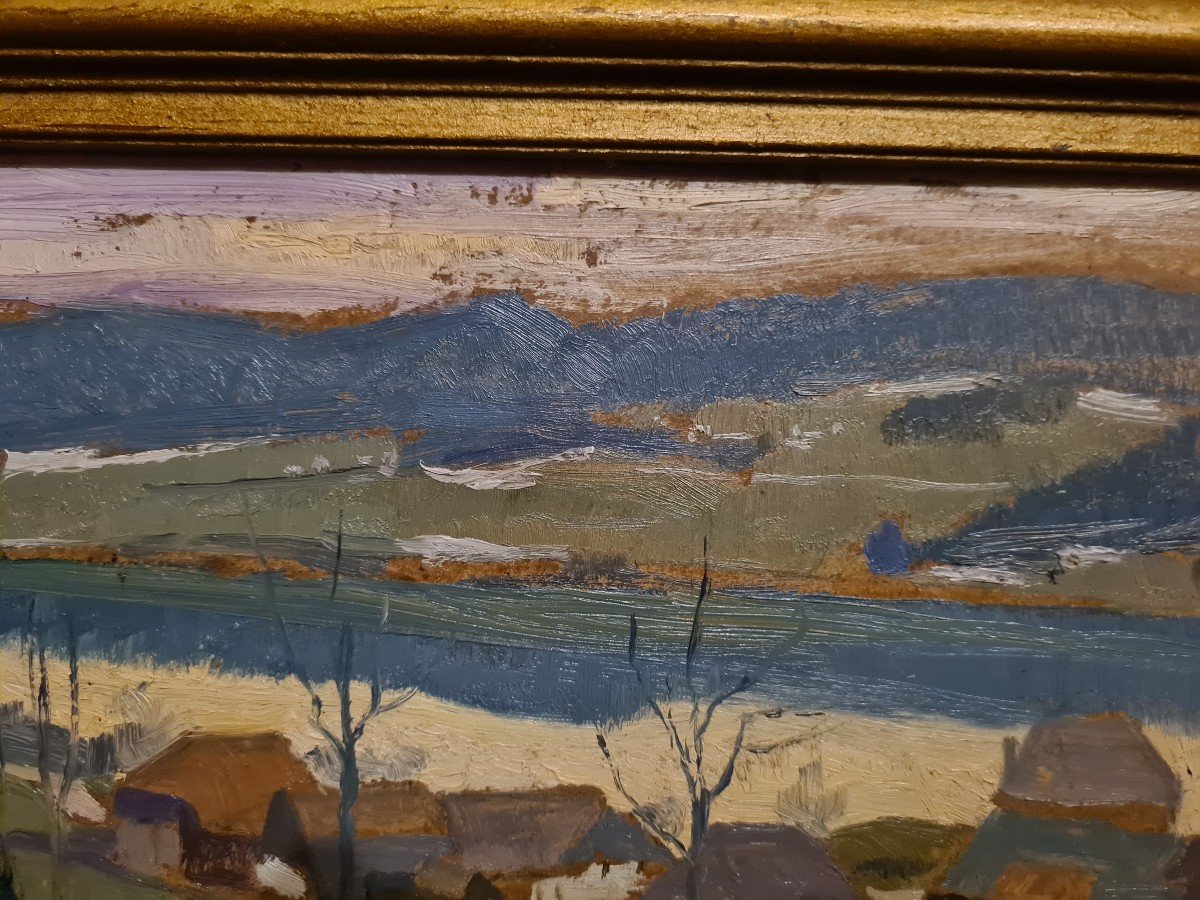





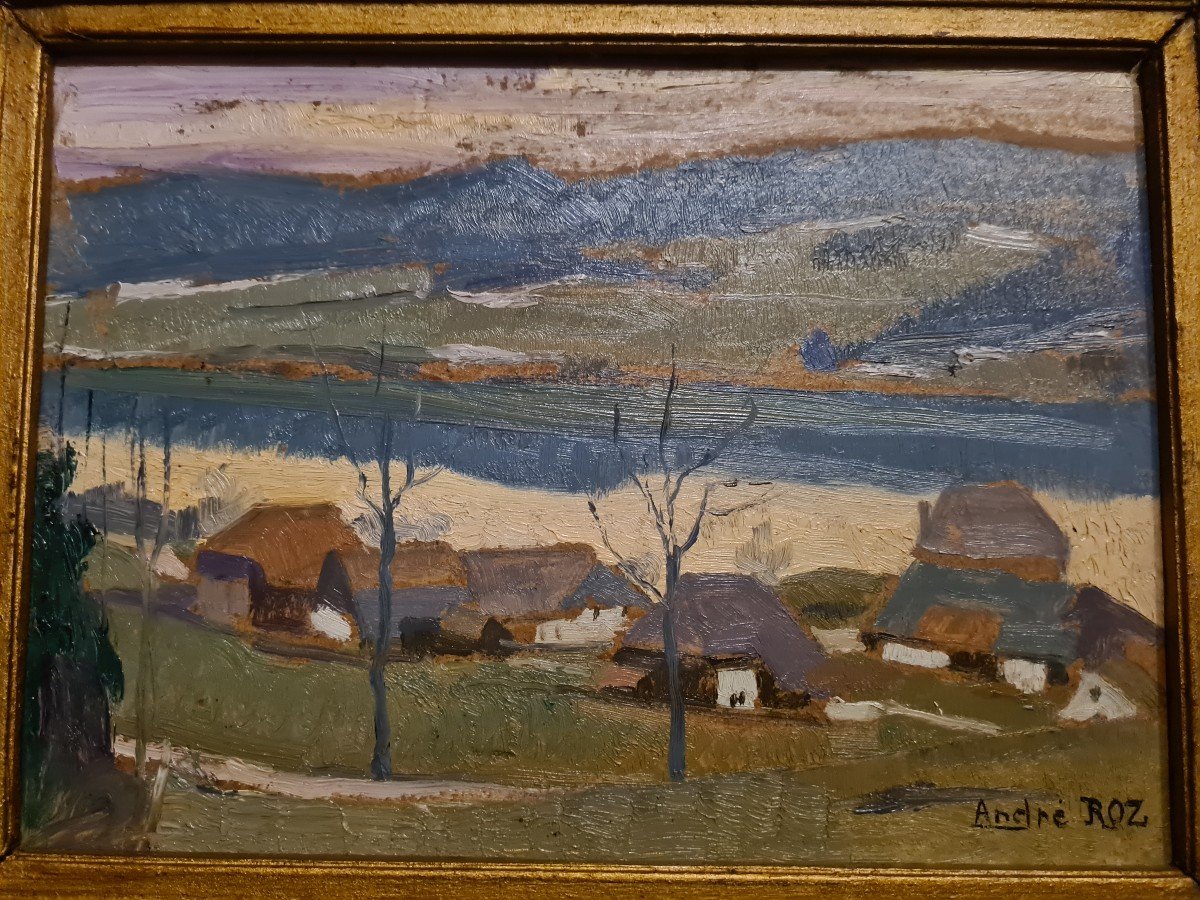

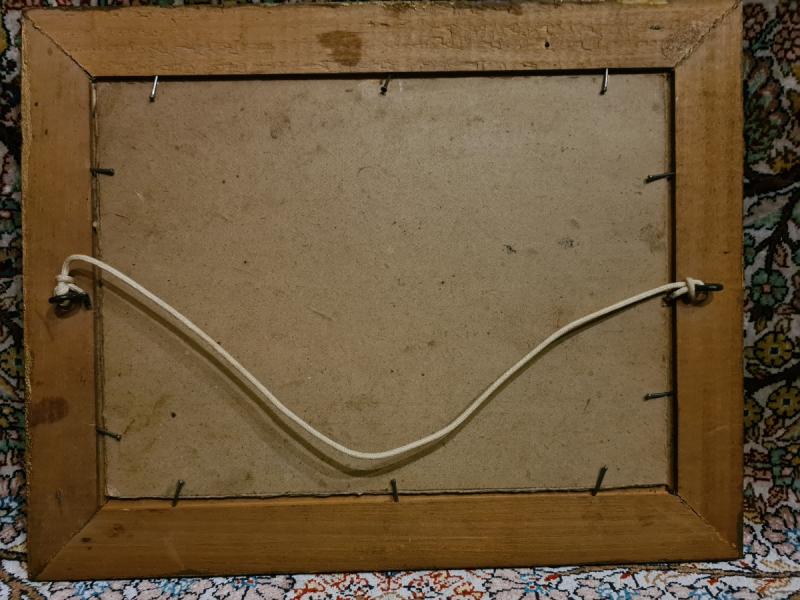



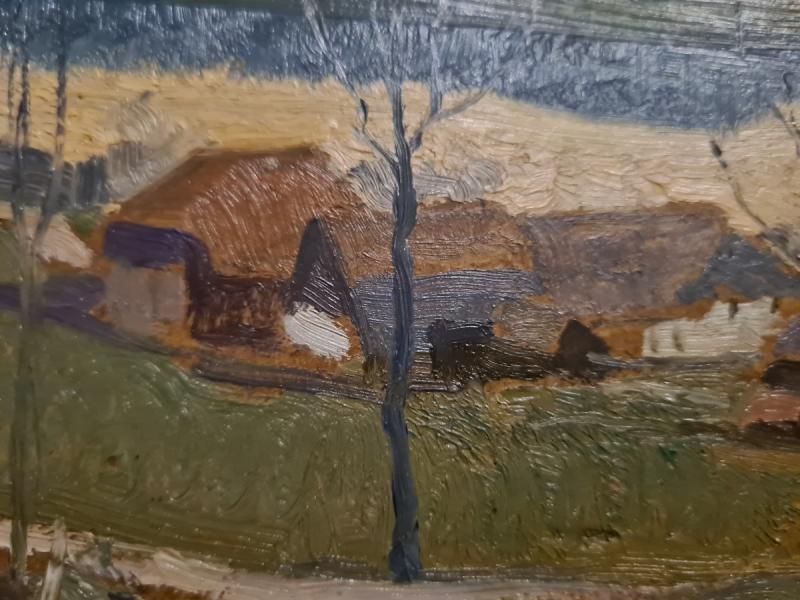
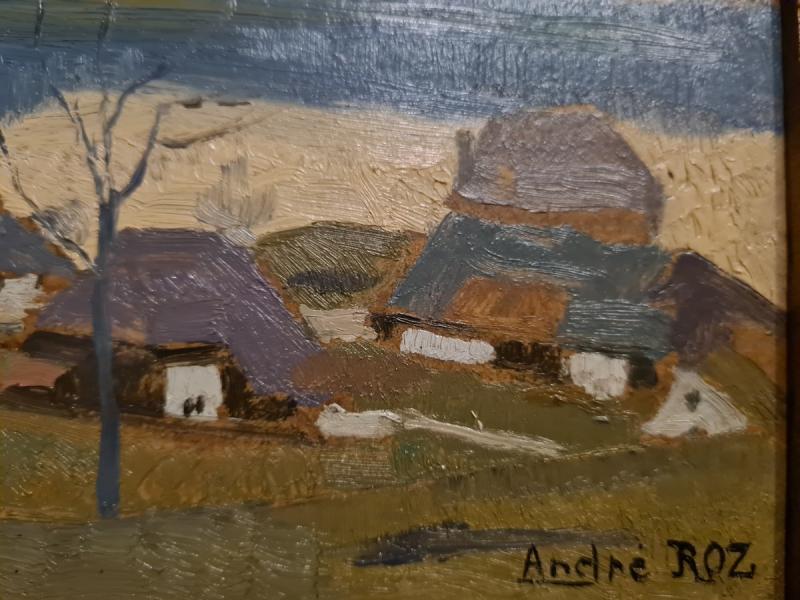
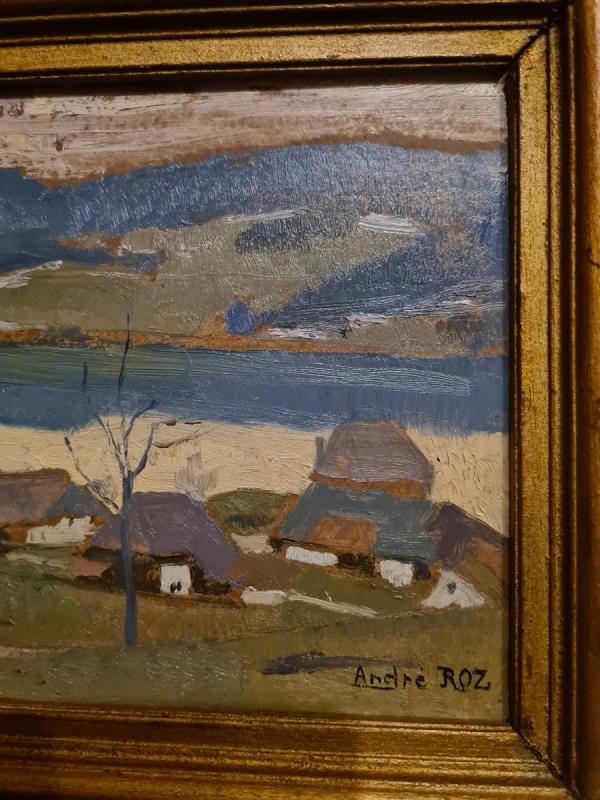
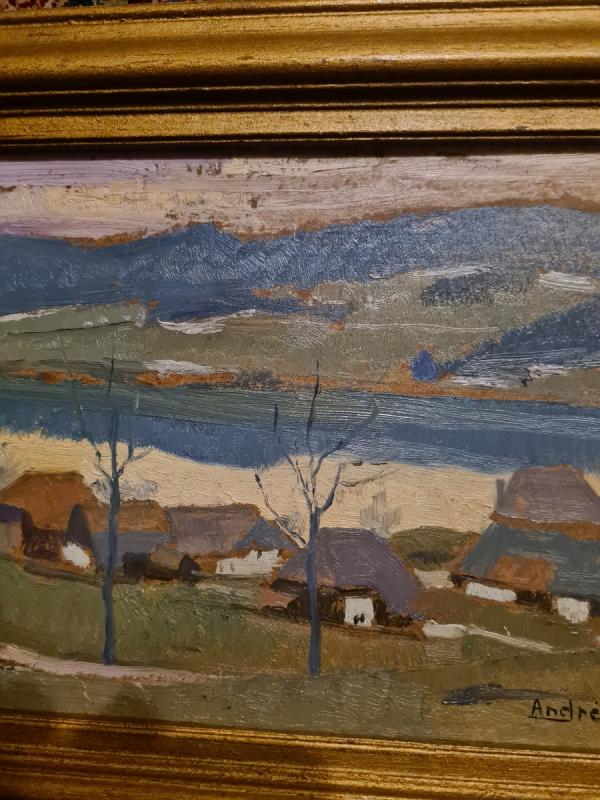



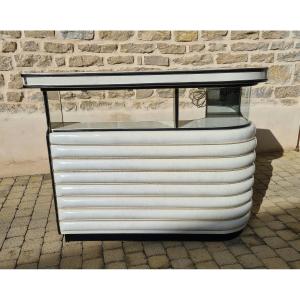


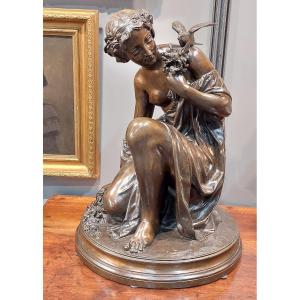
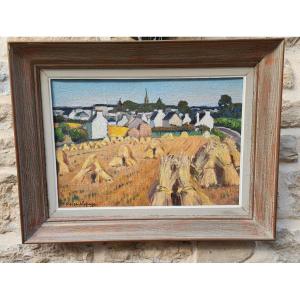
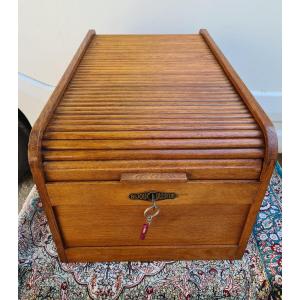


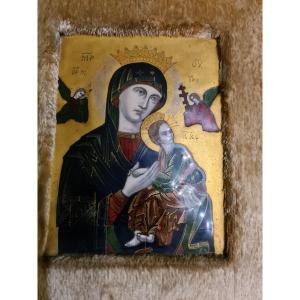
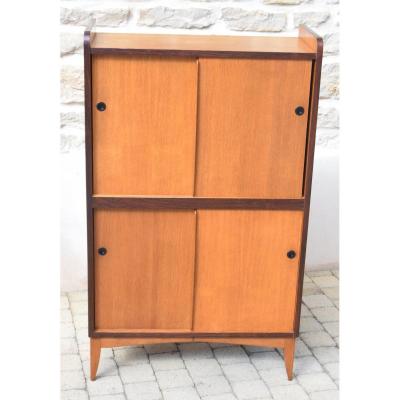



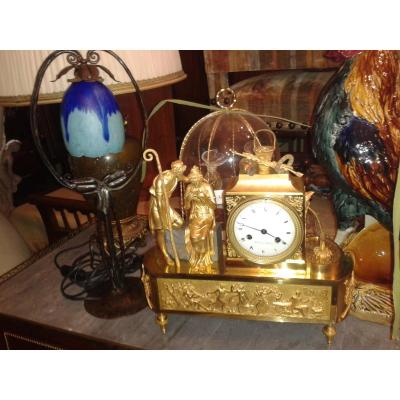
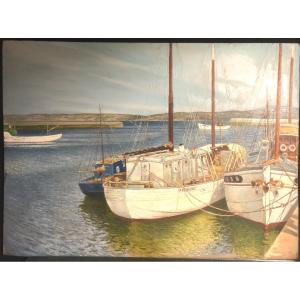

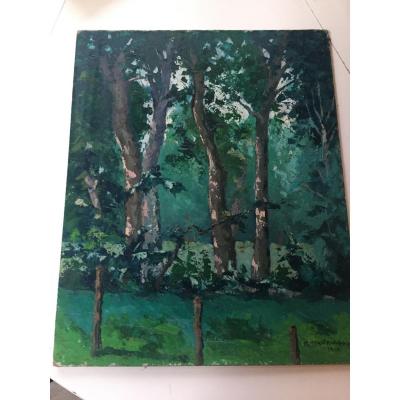
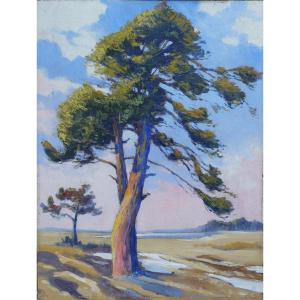




 Le Magazine de PROANTIC
Le Magazine de PROANTIC TRÉSORS Magazine
TRÉSORS Magazine Rivista Artiquariato
Rivista Artiquariato